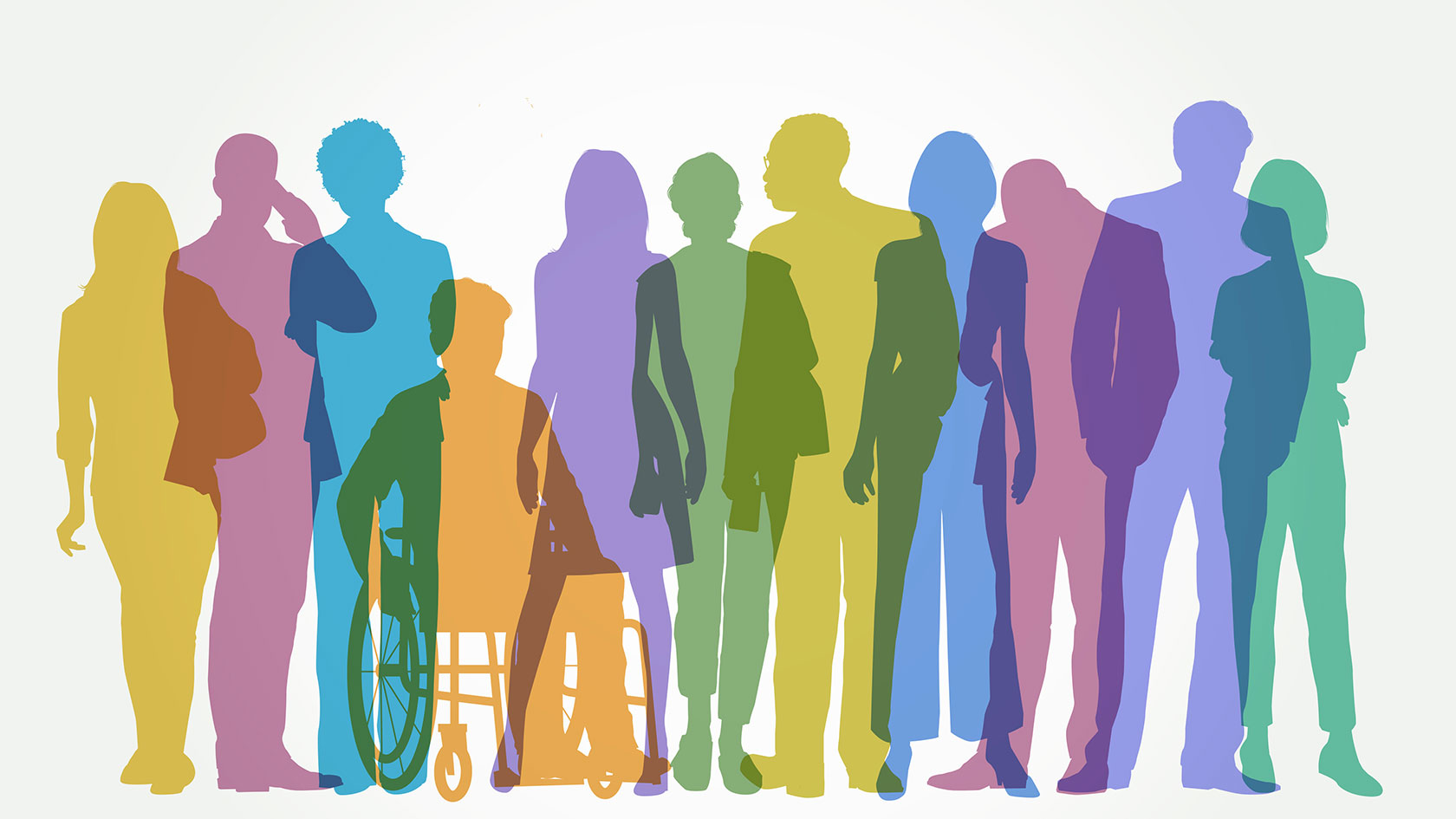Equality, Diversity, Inclusion under One Roof

“People with disabilities are part of a diverse society. It therefore makes sense to group inclusion together with gender equality and diversity in the Office for Equality, Diversity, Inclusion. This puts the University of Zurich in an ideal position to promote its core values and meet future challenges,” says Karin Gilland Lutz, who has been head of the office since 1 August. Her team now has two new members, with Benjamin Börner and Daniele Corciulo joining from the Disability Office.
This change, however, will not affect student applications for academic accommodations, which will continue to be handled by the Disability Office. The office has already appointed a new head.
Meeting future demands
The EDI Office now faces a number of strategic challenges. One of its goals is to develop a new EDI policy to guide its comprehensive approach. This policy will replace the previous Gender Policy Code of Conduct and Diversity Policy. At the same time, it will fill a gap at UZH, which currently has no policy on the inclusion of people with disabilities.
“We have to keep up with current developments and make sure we’re ready to meet future demands,” says Gilland Lutz. She mentions the partial revision of the Disability Discrimination Act, which will affect the university’s role as a public-sector employer of people with disabilities. In addition, UZH is also preparing for stricter EDI requirements in the Higher Education Act. These changes are currently under review at the federal level. At the European level, EDI requirements are also likely to be strengthened when Horizon Europe’s successor program is launched.
Dependent on good cooperation
As it revamps, the EDI Office can count on the support of the Gender Equality Diversity Commission and the Commission for Inclusion. These commissions include representatives of UZH’s faculties and representative bodies, which themselves are tasked with anchoring the university-wide topics of gender equality, diversity and inclusion in the university’s individual units.
Moreover, Gilland Lutz also wants to create a community of specialists, consisting of people with relevant practical experience and responsibilities, mainly from among UZH’s Central Services. “Our work will only succeed if all the other units at UZH pull together. That’s why we depend on good cooperation,” says the new office head.
Keeping the dialogue alive
Benjamin Börner is one of the people counting on this cooperation. Within the EDI Office, he is responsible for the subdivision that focuses on the inclusion of people with disabilities. He is aware that his new role won’t always be easy. “We are committed to fostering equal rights for people with disabilities in everyday university life,” says Börner, adding that it is important to realize that expanding inclusion always also means challenging existing structures. “This will trigger discussions – which in turn could lead to a better understanding of the needs of people with disabilities,” says Börner.
His tasks also include advising the university on its cultural shift towards greater accessibility as part of the UZH Accessible project. The project aims to create the necessary conditions in which a well-anchored process to raise awareness can take place, and to systematically remove existing accessibility barriers. “To achieve this, we need to review and adapt our university-wide structures and processes in an ongoing dialogue and on an equal footing with those affected, and close existing gaps,” says Börner.